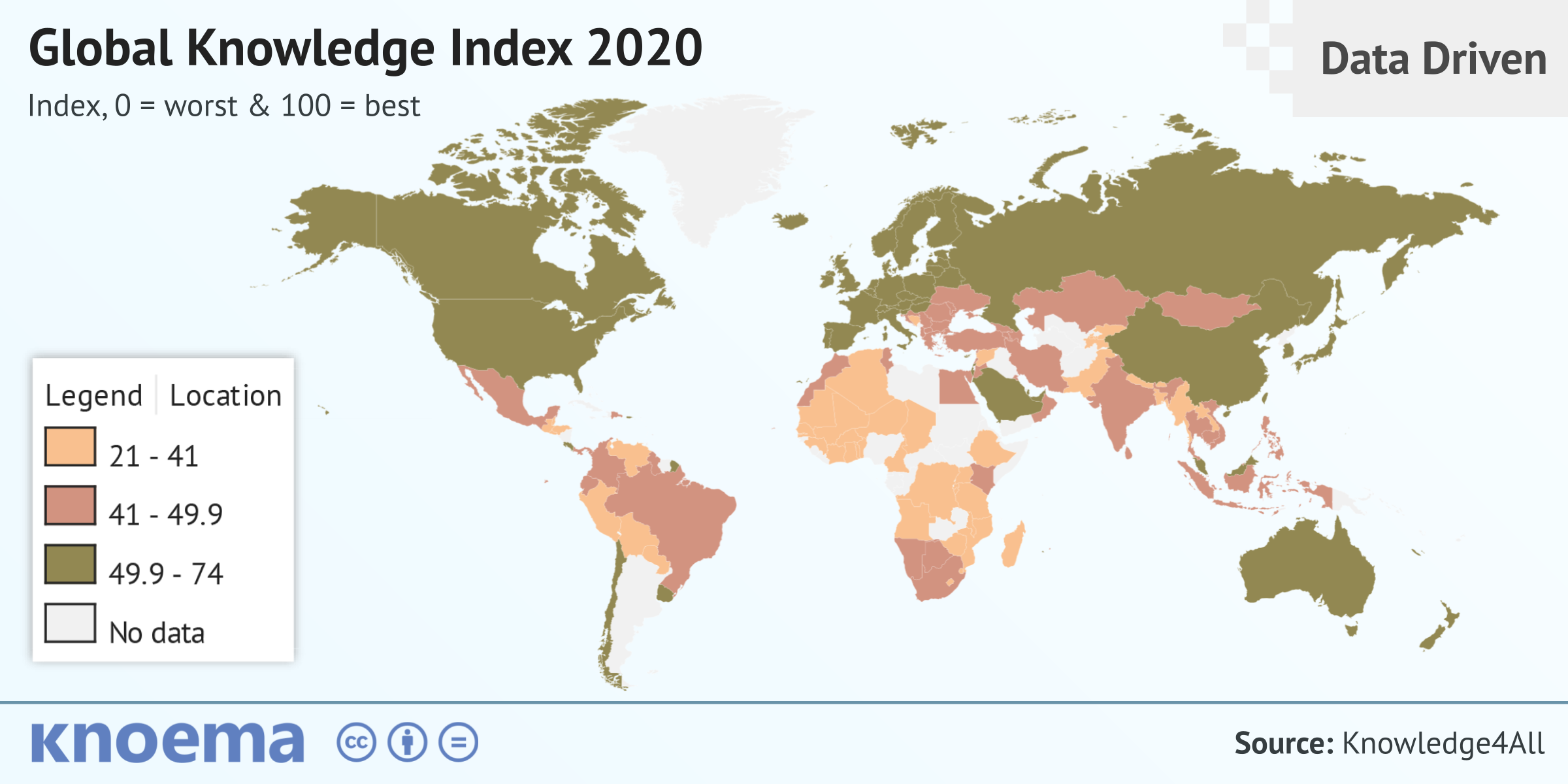Unsere Datenschutzerklärung & Cookie-Richtline
"Unsere Website verwendet Cookies, um Ihr Online-Erlebnis zu optimieren. Diese werden auf Ihrem Computer abgelegt, wenn Sie diese Website aufrufen. Sie können Ihre persönlichen Cookie-Einstellungen in den Einstellungen Ihres Internetbrowsers ändern."
Datenschutzrichtlinie